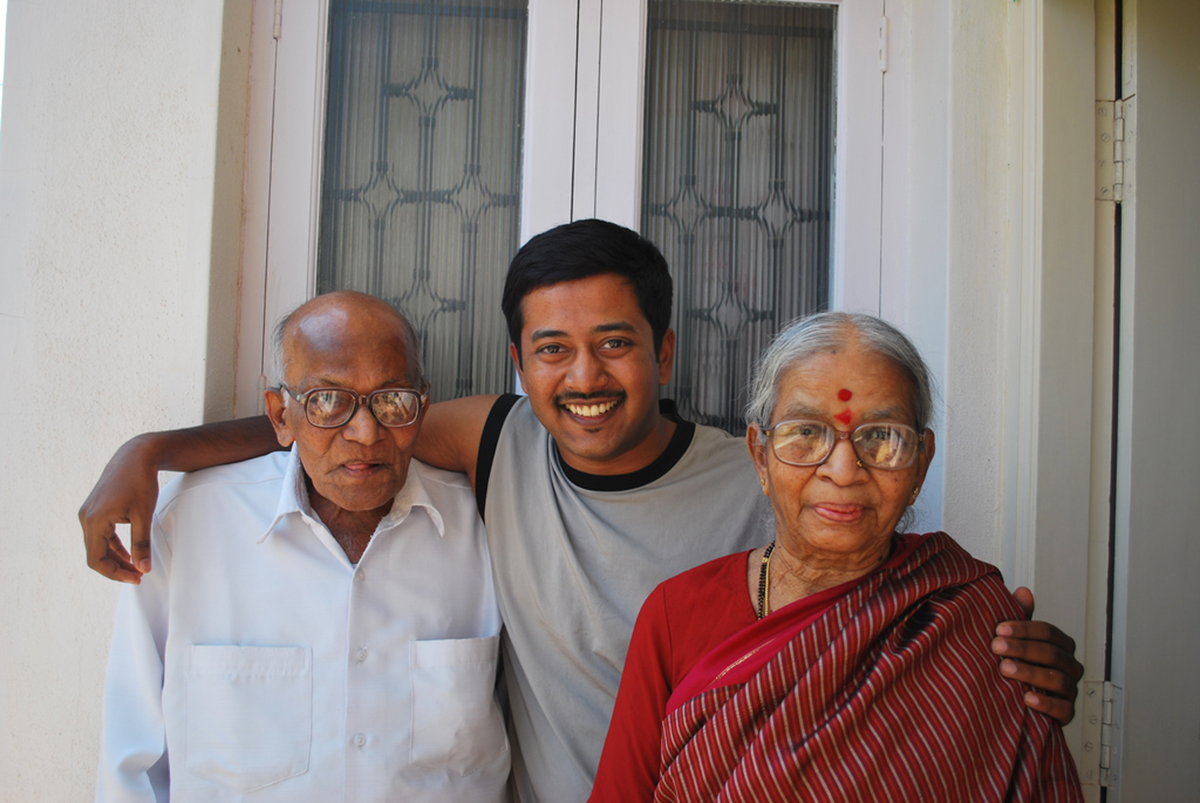Table of Contents
Dealing With Embarrassing Stuff
Shit happens. If you're caring for someone, this fact is likely to come to your attention time and time again, often in more physical ways than you'd ideally like.
Cleaning up your loved-one's messes is embarrassing and nasty for both of you. How do you handle it in the most respectful way possible?

One of the ladies I work with likes to joke about her ever-opening bowels: "Oh, I'm afraid you have a rather poopy job to attend to. It's all over the toilet seat I'm afraid... a bit of a shitty job! Hahaha. You've won the jackpot today!" Using humor can benefit both parties, as long as it doesn't come at the expense of either person.
Matter-of-fact statements like "Yes, this smells a bit, so I'm going to wear a towel with some essential oil over my face and I'll be just fine" can also be helpful. If you can, talking about completely unrelated things while you're helping a loved one wipe, shower, or get dressed is a wonderful tool to take both your minds off the fact that your loved-one isn't as independent as they would undoubtedly prefer to be.
Your Emotional Health
I cared for my mom and dad before I went into the caregiving line of work, but fortunately we had a very positive relationship. In my work, I have encountered a few people who were difficult to care for, but I've also seen my fair share of family tensions between my customers and their relatives. Tensions are very common when a loved-one starts to decline.
Here are some tips on how to handle those:
- Try, your hardest, to accept your loved-one as they are. If they're elderly, there's really no way you will change them. Accepting that they are who they are takes some of the pressure off you.
- Care for yourself too. Yes, I'm talking about the basics like getting enough sleep and eating well, but also about your emotional needs. Everyone is grumpy, angry, sad, or impatient sometimes. If you were in a bad mood and let your loved-one see that, you may feel guilty. Remember that everyone is human, and that includes you. Be self-forgiving.
- Watch for signs of burn-out, and take steps to prevent yourself from burning out. Don't over-extend yourself, because you won't be of any help to your loved-one in that situation.
- On a related note, do not try to take everything on all by yourself unless you have absolutely no other choice. Make sure others are available to care for your loved-one if at all possible. Making yourself irreplaceable is a bad idea.
- Don't spend your time worrying about what will happen in the future, as your loved-one declines further. Enjoy the good days together, and take the bad days as they come. Worrying accomplishes nothing but making the situation more unpleasant.
Don't isolate yourself or your loved-one from the rest of the world. Take walks outside, if you can. Fresh air and a change of scenery can really boost both your moods. Do learn all about the various medical conditions your loved-one may be experiencing, but don't surround yourself with just death and disease. That won't benefit you or your loved-one. Don't feel guilty while you're out enjoying yourself and someone else is caring for your loved-one. That also presumes you are taking the time to enjoy other aspects of life, but it should probably be said again. Taking time out is important, even if your loved-one is your mom, dad, or spouse.
See Also: When Doctors Have To Choose Between The Health Of Their Patients And Their Own Financial Interests
My customers — the ones with decent eyesight — thoroughly enjoy it when I bring pictures I've taken, something I also used to do for my mom. If they aren't able to go outside, seeing what the world looks like on any given day can be invigorating. Others enjoy certain home-made meals, or stories about the outside world. Bringing the wider human experience into a situation where someone is stuck at home can be extremely beneficial, and can also help you bond over something nicer than illness.
- Photo courtesy of Elvert Barnes via Flickr: www.flickr.com/photos/perspective/6787832121
- Photo courtesy of Mynameisharsha via Flickr: www.flickr.com/photos/mynameisharsha/3286864307


Your thoughts on this